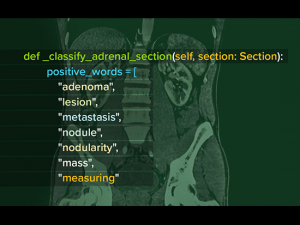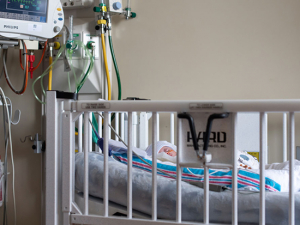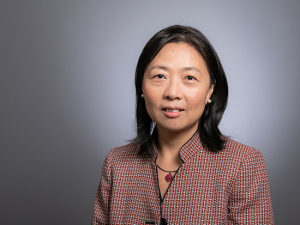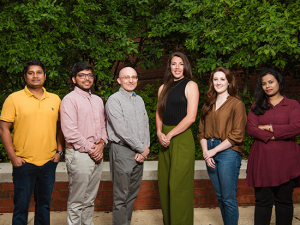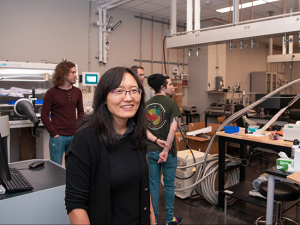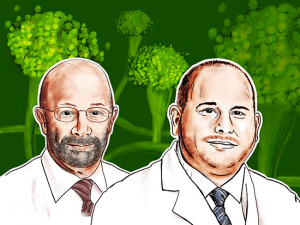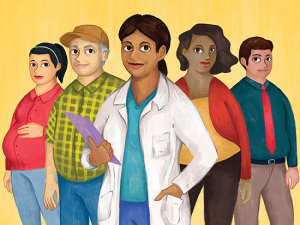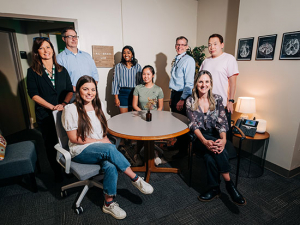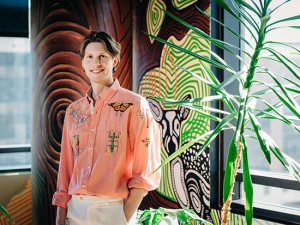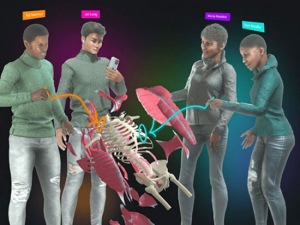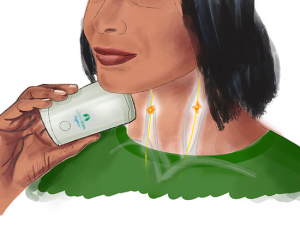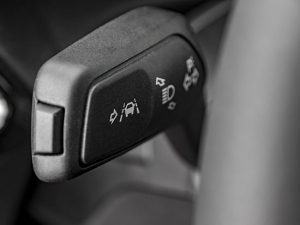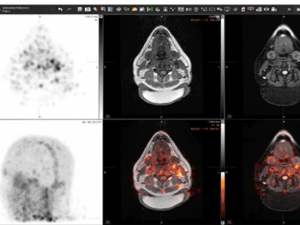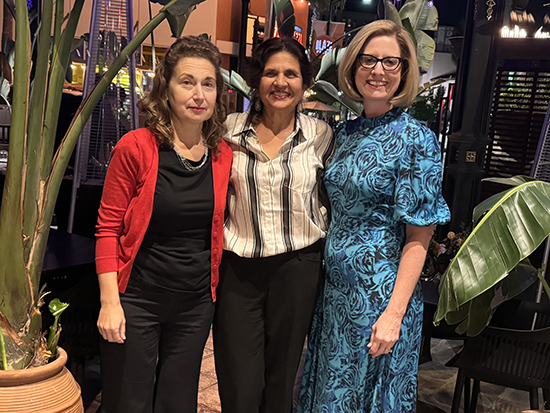 Left to right: UAB's Anath Shalev, M.D., with Rupangi Vasavada, Ph.D., and Carmella Evans-Molina, M.D.
Left to right: UAB's Anath Shalev, M.D., with Rupangi Vasavada, Ph.D., and Carmella Evans-Molina, M.D.
The Denosumab for Type 1 Diabetes phase 1/2 clinical trial, coordinated by the Arthur Riggs Diabetes and Metabolism Research Institute at City of Hope® in Duarte, California, is a multi-center trial collaborative with the Center for Diabetes and Metabolic Diseases at Indiana University and the UAB Comprehensive Diabetes Center.
The study is primarily funded by the Breakthrough T1DTM, formerly JDRF. Rupangi Vasavada, Ph.D., associate professor of the City of Hope Department of Translational Research and Cellular Therapeutics; Carmella Evans-Molina, M.D., professor and director of the Indiana Diabetes Research Center; and Anath Shalev, M.D., professor and director of the UAB Comprehensive Diabetes Center, serve as the principal investigators of this competitive grant.
Recruiting participants within one to five years of initial diagnosis
Many Type 1 diabetes clinical trials require that those enrolling be within six months of their Type 1 diabetes diagnosis. This can limit the number of eligible individuals who can participate in the trial. Even more important, it leaves those diagnosed with Type 1 diabetes a longer time ago without opportunities to take advantage of novel approaches and trials.
In contrast, this clinical trial is looking to recruit adult participants who have established Type 1 diabetes and are within one to five years from their initial diagnosis, offering them a chance to participate.
According to researchers, this study will test whether denosumab is safe and improves beta cell function and blood sugar control in people with established Type 1 diabetes. Beta cells in the pancreas produce insulin. Denosumab is a medication approved by the U.S. Food and Drug Administration to treat osteoporosis, high blood calcium levels, bone cancer and other bone problems.
Decades of research
However, several decades of basic research and preclinical work by the Vasavada lab have found that denosumab also has beneficial effects on beta cell biology. In analogy to the repurposing of the blood pressure medication verapamil for recent-onset Type 1 diabetes, the current denosumab trial aims to determine whether the drug could be repurposed for established or later-stage Type 1 diabetes.
“Research has found that the bone pathways that denosumab works on to treat the different bone conditions also have effects on the health of the beta cells,” said Shalev. “The studies suggest that denosumab may help increase the number of beta cells and/or improve how well they work.”
The grant principal investigators are working closely with their clinical colleagues to conduct the trial. Fouad Kandeel, M.D., Ph.D., professor and chair of the Department of Translational Research and Cellular Therapeutics at City of Hope, serves as principal investigator of the clinical trial and will oversee clinical operations at the City of Hope location. Fernando Ovalle, M.D., professor and director of the UAB Division of Endocrinology, Diabetes, and Metabolism, will oversee clinical operations at UAB.
Trial details
“This is a wonderful opportunity for those with established Type 1 diabetes, who are eligible for this clinical trial, to take part in this study and support researchers and clinicians investigating new treatment approaches for Type 1 diabetes,” said Ovalle. “Our ultimate hope is that we can improve the lives of those with diabetes, and this trial is a stepping stone for that work.”
Enrollment has begun for the UAB site. Those looking to enroll in the trial or to learn more may wish to review the participation criteria and reach out to Study Coordinator Julia Parker Smith, BSN, RN, at 205-224-7582 or juliaparker@uabmc.edu.

